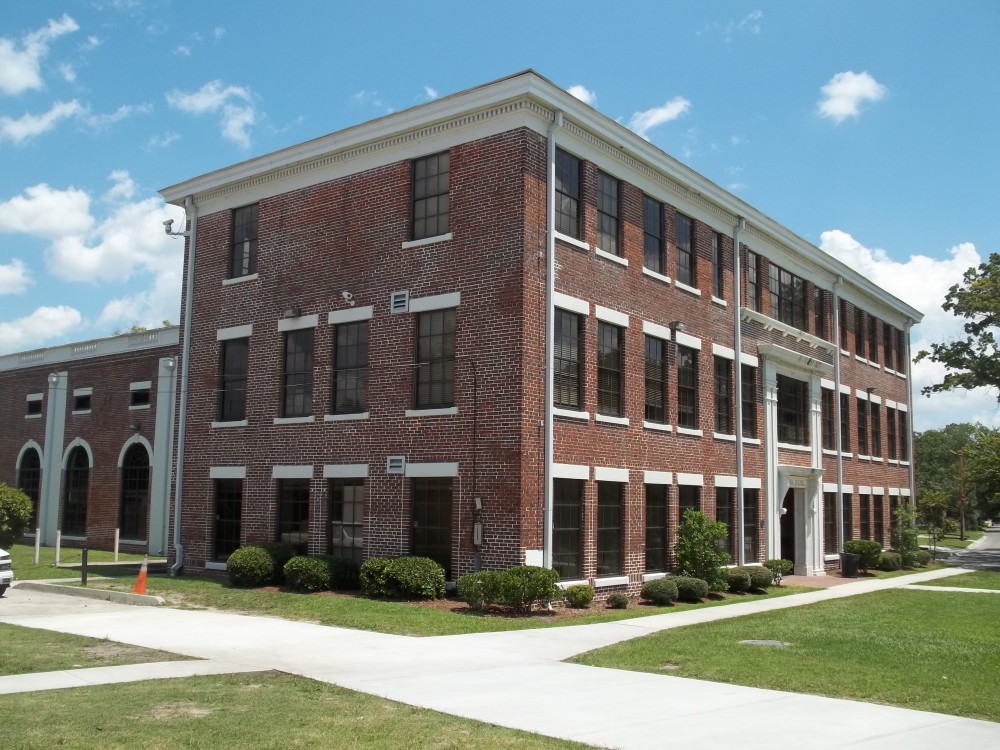HBCUs remain unshaken after recent bomb threats

Domestic terrorists who recently threatened to bomb nearly 20 historically Black colleges and universities utterly failed if their goal was to shake student commitment to their schools and to each other, institutional leaders said on February 8.
“They are disappointed. They are traumatized. But they are resilient, and they are resolved to continue to move forward,” said Felecia M. Nave, president of Alcorn State University, one of four Mississippi HBCUs to receive bomb threats on February 1.
Nave’s comments, and those of three other HBCU leaders, came during America’s HBCUs under the Threat of Attack, a virtual roundtable hosted by the Southern Poverty Law Center to discuss the impact and meaning of bomb threats.
Authorities have said bomb and other threats of violence were made against at least 19 HBCUs in eight states and Washington, DC, in January and February.
The bombing and shooting threat directed at Edward Waters University in Jacksonville, Florida, improved the institution’s relationship with police, enhanced its security protocols, and inspired students to double down on their commitment to civil rights, said President A. Zachary Faison Jr.
Read our latest issue or browse back issues.
“On our campus, our students now are emboldened. . . . They now have even more resolve around their identity as students at an HBCU,” he said.
Yet officials said they have taken the incidents very seriously and are in the process of stepping up security measures, in some cases with the help of the federal government.
“This is terrorism. These are acts of terrorism,” said Anne McCall, senior vice president and provost at Xavier University of Louisiana, an HBCU located in New Orleans that was threatened with a bombing and shooting attack on January 4. “The fact they have not yet led to an explosion—thank God—does not change the fact that these are acts of terrorism.”
The statement behind the threats is intended as a clear violation of the sanctity and community students feel on their campuses, McCall said—“to say, ‘You are not safe anywhere.’ So, it is disorienting to students to be threatened in their center.”
The federal government considers the threats acts of domestic terrorism, said panelist Michelle Asha Cooper, deputy assistant secretary for higher education programs with the US Department of Education.
The FBI’s joint terrorism task force is leading the investigation, which includes the Departments of Homeland Security, Justice, and Education. They are looking at the coordinated nature of the incidents in the context of White supremacist and other far-right movements, Cooper added.
While no arrests have been made in the cases, investigators say they have identified suspects and that at least six of them are not yet adults, said event moderator Lecia Brooks, chief of staff and culture for the SPLC.
The panelists agreed that news of youth involvement in the threats was particularly disturbing in light of campaigns to ban critical race theory and other efforts to teach about racial injustice in schools.
“Our young people are not being exposed to the history and not being exposed to truth when it comes to these matters of race,” Faison said. That young people may be involved in the bomb threats “was particularly alarming for me . . . because this is rooted out of ignorance in the literal sense.”
Nave said it’s important that the criminal and legal response to the bomb threats not “soften” because young perpetrators may be involved but added that she hopes they receive effective counseling to help them outgrow the hate that informed their actions.
“If part of the process requires changing hearts and minds, it starts at a very early age,” she said.
Whoever the perpetrators are, their actions are a wake-up call in several ways for Black colleges and universities, said Walter Kimbrough, president of Dillard University, a New Orleans HBCU and a target of threats prior to the latest round of intimidation.
It is a reminder that the forces of racism are willing to target vulnerable populations, just as they did during the civil rights movement when they jailed children and turned fire hoses and dogs on them, Kimbrough said.
McCall said the bomb threats should draw attention to the movement fueling them. “We need to see that this is part of a large White supremacist project, that must not be mistaken for anything other than that.”
The threat campaign should also alert Americans to the challenges facing people of color in the United States, McCall said. “This is an opportunity for everybody in the country to have a reality check about what it means to be part of communities that have been oppressed and that are doing so much to further themselves.” —Baptist News Global



